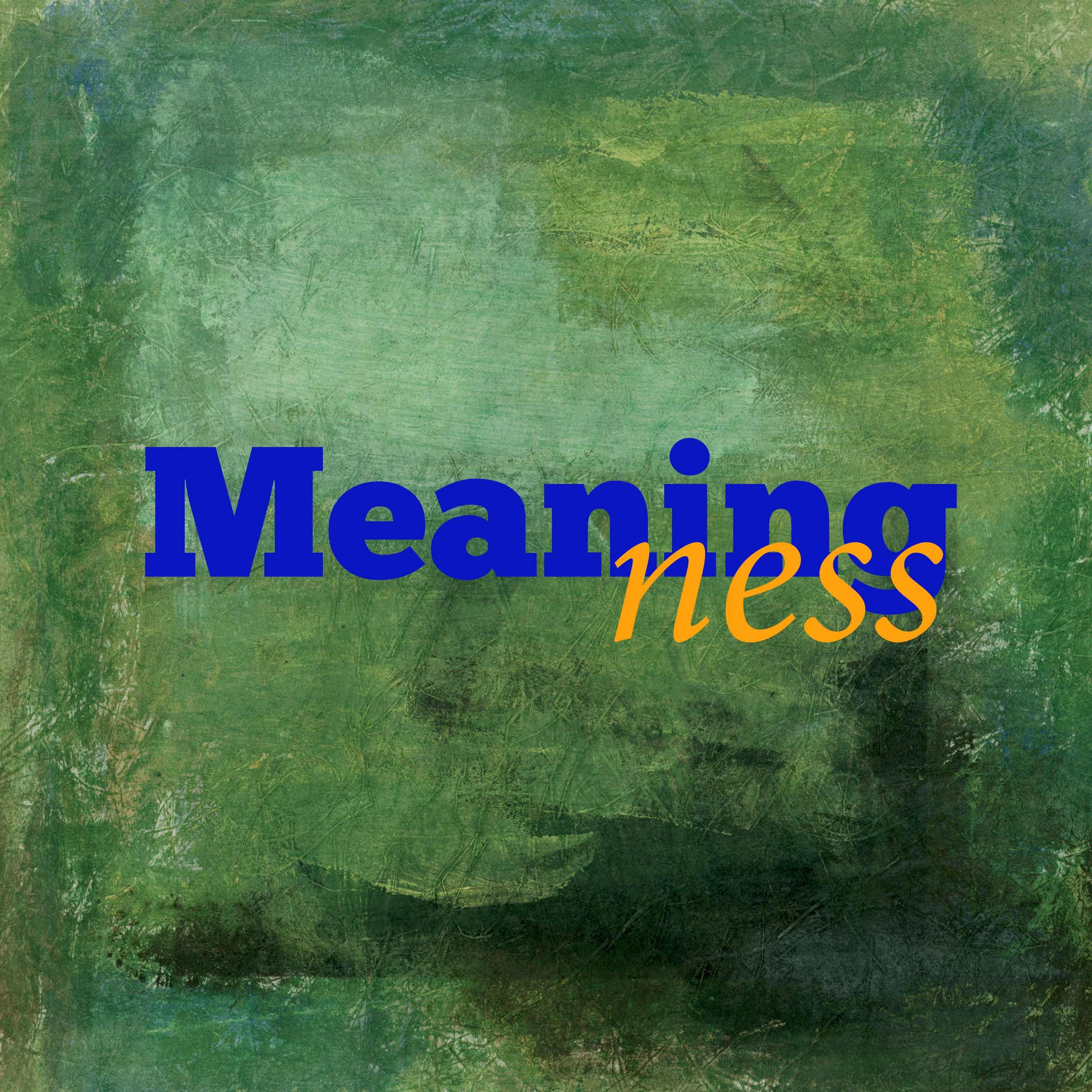Steam engine, startup, podcast, leaf devil
Description
This is about my self.
It's about how I relate to it—to my self. I've gotten somewhat better at that, over many years. You may have a self too, in which case my experience may be interesting.
This is an unusually personal, and unusually concrete, piece.
That is motivated by reader feedback. I did a post about Ultraspeaking recently, which some people said they liked because it was more personal than usual. That was partly because I originally intended it to be an audio piece, like this one. I failed in my attempt to record it, so I reworked it as a text essay. Now I'm trying again!
If you are reading this, and missed that it’s also a podcast, you can listen to it by clicking the start button in the box at the top of the post. Or you may prefer reading!
Another thing I've learned from reader feedback is that my writing is often too abstract. Examples can make it easier to understand, more vivid, more memorable. Personal examples are better because they seem closer, more real. Actually, I've realized all this about eleventy nine times, but it's somehow hard for me to put into practice. Now I'm trying again!
So. This is about my self and how I understand and relate to it. If your self is something like my self, maybe you will find it useful. I'm still pretty confused about selves, but I've been trying to figure it out for sixty-something years, and maybe I've learned something.
The word "self" is not well-defined. We have a strong sense that we know what it is, but the many theories about it seem to have wildly different understandings. Or perhaps they're talking about quite different things using the same word. What is included and not included in "the self" varies dramatically, and so do ideas about what sort of thing it is, and how it works. And also, recommendations for what you should do with it are all over the map.
Although: nearly everyone agrees that selves don't work well. So you need to improve or fix or replace or get rid of yours. I'm now somewhat of an exception, as will become apparent toward the end of this recording.
I'll describe four different ways I've related to my self. I'll describe each with an analogy: with engineering inanimate machines; with organizational leadership; with internal conversations; and finally, letting go of trying to understand and control my self, and allowing curiosity and playfulness instead. To make them memorable, I've given each a symbolic representation: a steam engine for understanding my self as a machine; a tech startup company for managing my life; a podcast for internal conversations; and a dust devil for the fourth, playful approach.
Each approach, each model of what a self is, offers particular benefits, and has particular limitations, risks, and downsides. Depending on the situation and my purposes, one may seem most appropriate.
I learned these four approaches in sequence, after discovering limitations in the first, and then the second and third. I've pretty much abandoned the first, the self-as-machine view, but I've retained all the other three as often-useful ways of being.
I suspect this particular sequence is common, at least for people like me who have a pragmatic, engineering-like outlook on life.
You'll recognize the first three approaches, which come from engineering, management, and psychotherapy. However, I apply them in a somewhat unusual way. I emphasize perception and action over mental contents such as thoughts and emotions. I'll explain how that works in the different approaches separately, but it's the same shift in emphasis in each case.
I find this reframing works better, for me at least. It's also in accord with my theoretical understanding of how we work, how our selves work. I won't go into that much here, but if you know a little about my work in AI and cognitive science, you'll recognize the influence or similarity of views.
The fourth approach is influenced by Dzogchen, an unusual branch of Buddhist theory and practice; by ethnomethodolo
More Episodes
Following our earlier conversation about Ultraspeaking and Vajrayana, we add adult developmental stage theory to the mix: three transformational frameworks in synergy.
We recorded this when Charlie was in Berlin on a Chinese martial arts retreat. Charlie had had been away from home for more than...
Published 11/09/24
Published 11/09/24
“What do you think you’re doing? And, um, why?”
This is a recording of a Substack live video AMA (“ask me anything”) session I hosted two days ago.
Around fifty people attended! I enjoyed it, and hope everyone else did too.
We had a preliminary discussion in the subscriber chat, which was very...
Published 10/24/24


